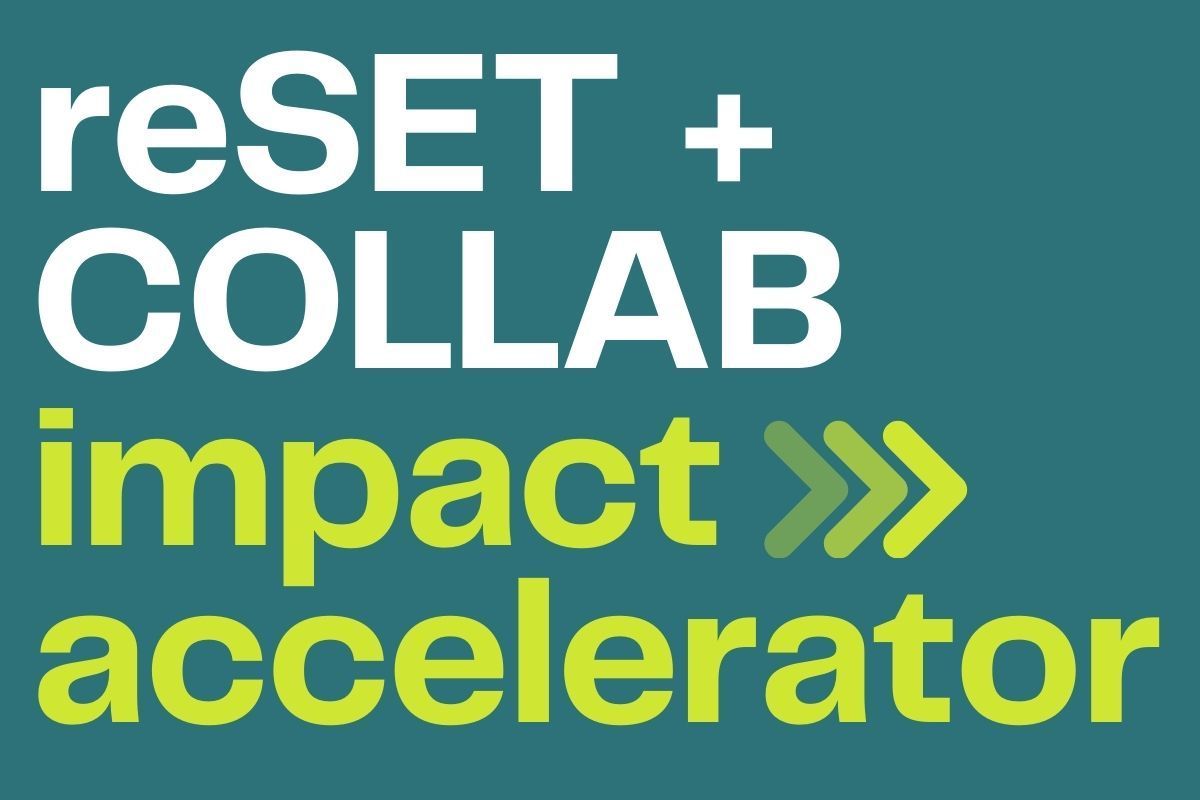H.B. 6356, a bill raised by Governor Malloy, and endorsed by Speaker of The House Brendan Sharkey and Senate President Pro Tempore Donald Williams, among other lawmakers, is modeled after benefit corporation statutes already adopted in twelve states. It contains several protections for social entrepreneurs, including protection of the company’s social mission, and establishes standards for operational accountability and transparency. However, H.B. 6356 also contains an optional legacy preservation provision, making it the most comprehensive version of benefit corporation legislation in the nation, and placing Connecticut on the cutting edge of a growing social enterprise movement. We believe H.B. 6356 will help Connecticut generate jobs, attract new investment capital, and create solutions to the social problems currently facing our communities.
What is Legacy Preservation?
H.B. 6356’s legacy preservation provision provides social entrepreneurs with the opportunity to preserve their company’s status as a benefit corporation in perpetuity, despite changes in company leadership or ownership. In other words, this voluntary provision locks in the company’s social mission as a fundamental part of its legal operating structure. Following a waiting period of two years and a unanimous vote by all owners and shareholders, a benefit corporation may elect to permanently attach a social mission to the enterprise through an amendment in its articles of incorporation. The provision, once enacted, also requires the company, if liquidated, to distribute all assets after the settling of debts to one or more benefit corporations or 501(c)3 organizations with similar social missions.
Frequently Asked Questions:
Why would a company want to enact a legacy preservation provision?
Benefit corporation statutes currently in place across the U.S. protect social enterprises from hostile merger and acquisition attempts, and help ensure that social enterprises contribute substantially towards their social mission. However, no existing piece of social enterprise legislation allows shareholders to prevent a business’s social mission from being altered by a new owner, or investors with controlling shares from changing the level of commitment to that social mission in an effort to increase profits or lower costs. The legacy preservation provision addresses this problem, and helps founders, who have invested heavily in a business’s structure and purpose to preserve that intent in perpetuity, if they so choose.
Couldn’t an experienced attorney find a way around legacy preservation?
Yes. However, the protections provided by the legacy preservation provision ensure that any attempt to alter a benefit corporation’s structure as such, which would clearly be against the wishes of the founder, would have to be carried out in public. Ultimately, the legacy preservation provision ensures that any business that attempts to profit from a benefit corporation’s established brand and reputation without contributing to the social mission attached to it would have to make that change in a transparent manner.
Isn’t it too restrictive?
H.B. 6356’s legacy preservation provision operates in a manner similar to a trust; it is designed to protect a company’s assets and its mission, and ensure that it will continue to create a social impact. The provision is also completely voluntary, and protects dissenting minority shareholders by requiring a unanimous vote for adoption. However, if all shareholders and members of a benefit corporation’s board of directors agree to enact the legacy preservation provision, they should have the freedom to do so.
Can’t this already be done under existing law?
It can be done, but requires a complicated legal structure which is expensive and time consuming to establish and maintain. The legacy preservation simplifies this process for social entrepreneurs, allowing them to protect their intentions much more easily and cost effectively, if they choose to do so.
Learn More:
For more information, please contact James Woulfe at: Jwoulfe@www.socialenterprisetrust.org








